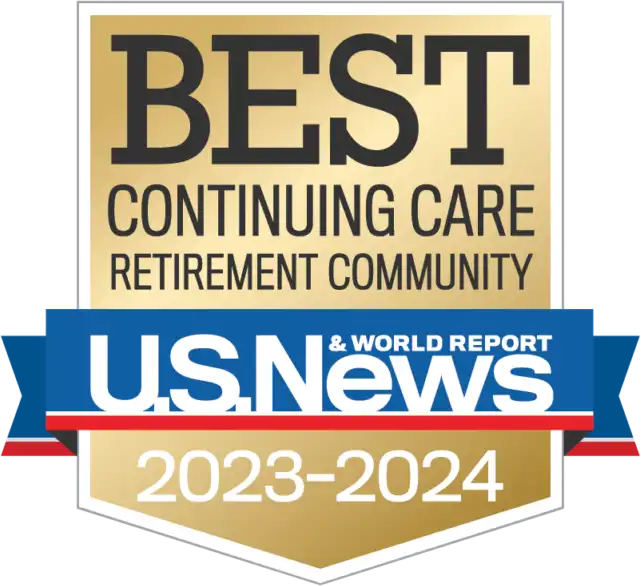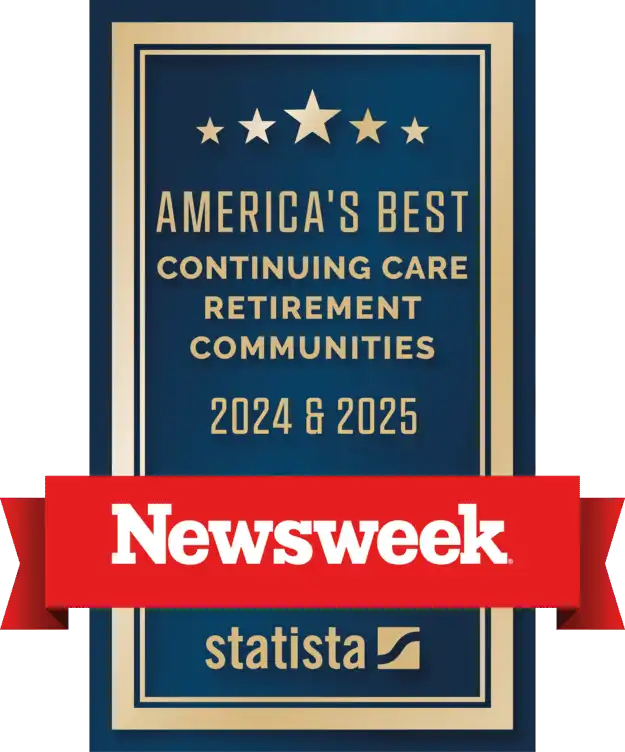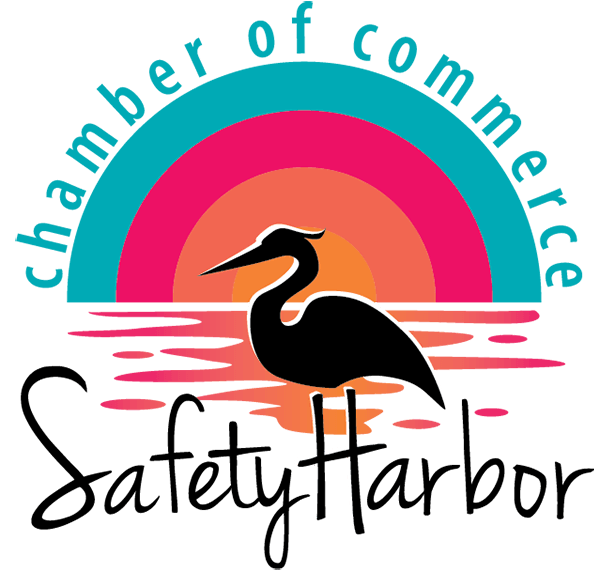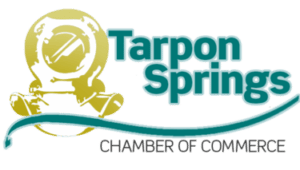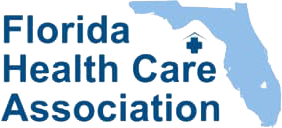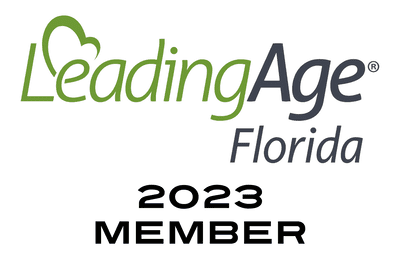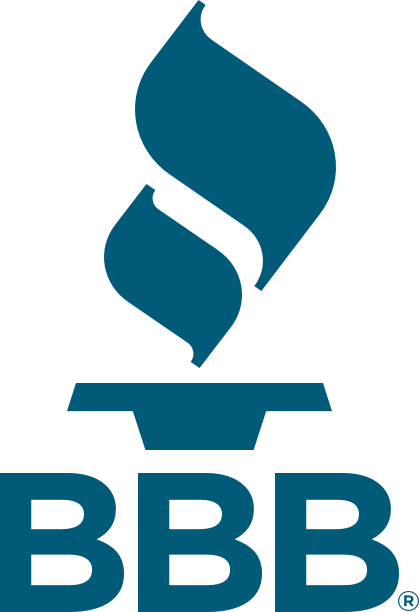
Scams have been around for a very long time. Unfortunately, not only are they not going away, they are becoming more sophisticated. Much of that is due to online scams which often target seniors.
At St. Mark Village, we want to help you stay protected from these annoyances. Here are some tips on what kind of online scams to watch for, and how to avoid them.
Why are seniors more susceptible to online scams?
It’s more than the fact that many seniors are not as tech-savvy as their younger family members. It’s also how much more convincing these scams have become, and how seniors for the most part are a generation that places high value on integrity and trust. So, when a very “official-looking” message is received, it’s more likely an older adult will fall prey to the scam.
Pretend, Problem, Pressure, Pay: The 4 signs of a scam:*
- The scammer pretends to be from an agency or organization you know
- The scammer says there is a problem, or a prize
- The scammer pressures you to act immediately
- The scammer tells you to pay in a specific way
*from ”How to Avoid a Scam” from the website of the Federal Trade Commission
Download our free guide,
Just The Facts: Your Guide to Independent Living.
Common online scams targeting seniors
In an Experion.com article entitled “Top Ten Scams Targeting Seniors,” personal finance and credit writer Louis DeNicola states that today’s scammers who target seniors tend to gear their messages toward an older adult’s desire for enjoying a good retirement, having close relationships, and helping family members. Here are some of the ways they attempt to defraud people over 50.
Technical support for your computer
A pop-up message suddenly appears on your computer saying you have a virus or other malfunction. The message urges you to download a program or click on a link so they can “fix” the problem. You might even be giving a phone number so you can speak with their “expert.” Don’t do it. Never click on any link or download any document or program from a source you do not know.
Medicare/health insurance scam
You receive an email or text claiming to be from the government, instructing you to give them your Medicare number so they can send you a new card, according to the Federal Trade Commission. Or, you get an email telling you about a big discount on insurance for people your age. But ask yourself: does this sound right? Do you really trust that the discounted insurance? Is there a specific reason why you need a new Medicare card? Most likely, you will answer no to all these questions. If you receive an email or text that claims to be from Medicare, do nothing until you call 1-800-MEDICARE and ask if it is genuine.
A Social Security “official” letter
Unfortunately, scammers just keep getting better at what they do. That includes creating “official” letters that appear to be from the Social Security Administration or other government agency. You may receive one by email or regular mail. They are trying to steal your identity or your money. To report a Social Security Administration scam, click here.
You’ve won a cash prize
You’re a winner, great, but did you even enter a contest to win this? Most times, this is coming out of the blue… your name was selected; you won the lottery; you were randomly chosen for something. It sounds exciting…until they tell you that first, you need to send them money. Big red flag. Do NOT send one penny. No legitimate contest will ever ask you to send cash for anything.
Romantic scams
Going through a legitimate online dating site is one thing. Receiving a poorly written email out of the blue from a stranger who says they’d like to meet you is another. Scammers often pose as military personnel who are stationed far away and cannot meet you in person. Anytime you receive an email and you are not 100% sure of the source, show it to someone you trust before you consider doing anything. Preying on a lonely senior is a shameful act.
Shopping scams promising a bargain
This is often an email about luxury items that you can get at a huge discount. The scammer asks for your bank account number, but of course the item never arrives. Always remember: if something appears to be too good to be true, it probably is.
Other tips for avoiding online scams
- Stop. Check it out. Do not share your information without doing the right research.
- Do not click links or attachments in an email or text.
- Shred documents before you throw them away.
- Use strong passwords online. The longer and more complicated the password, the better. Consider using a phrase, it’s easier to remember and harder to guess. Avoid ties to your personal information. And use two-step verification whenever possible.
- Check your monthly bank, investment and credit card statements.
And remember to always pass on the information about online scams to your friends. Warn them so they also will not fall prey to these crooks.
At St. Mark Village, we want you to live the good life, and retire without worry. Let us show you how.
Embrace your independence as never before, with seamless access to future care options. Download our free guide, Just The Facts: Your Guide to Independent Living. Or contact us. We’d love to hear from you.



